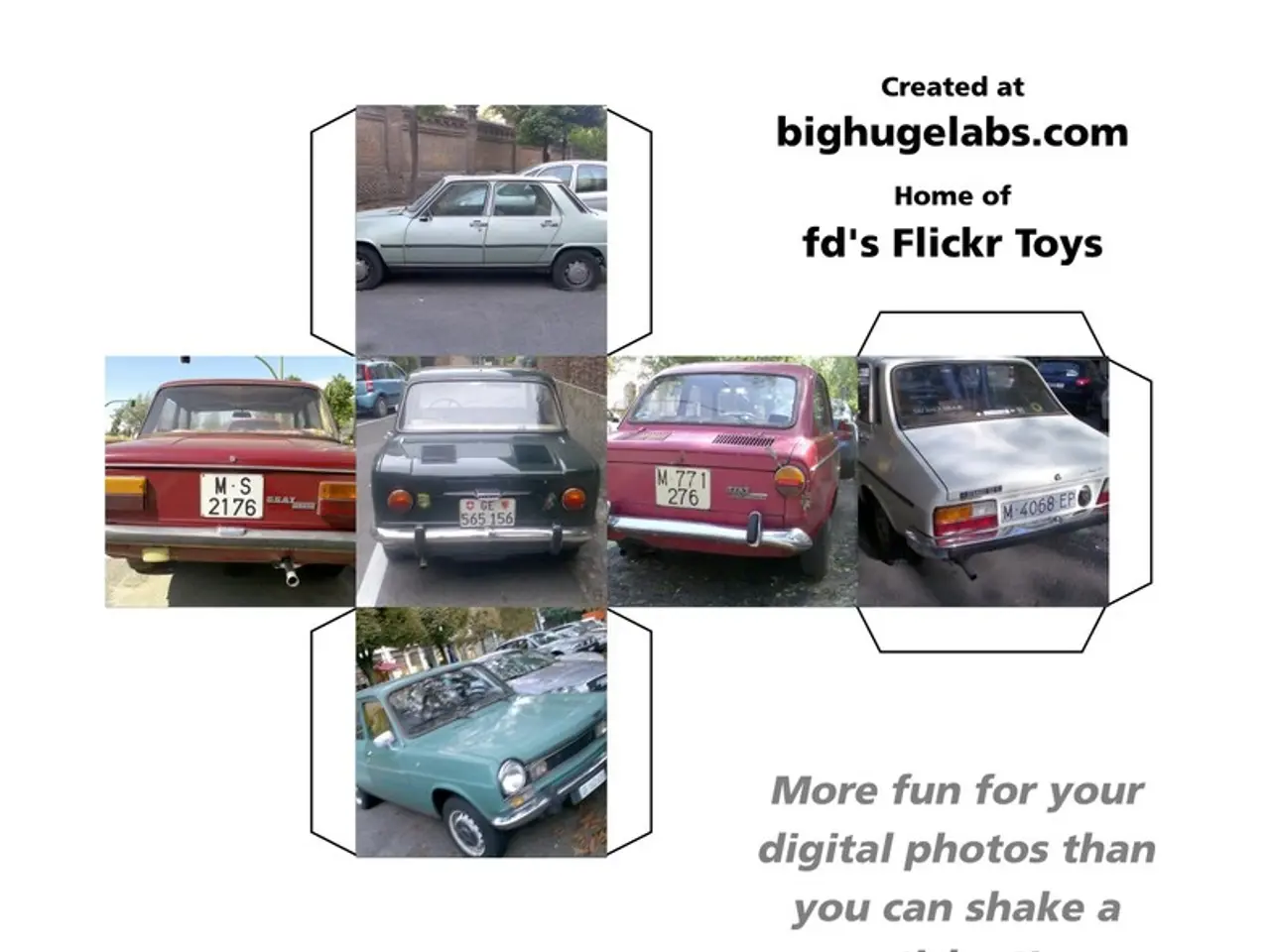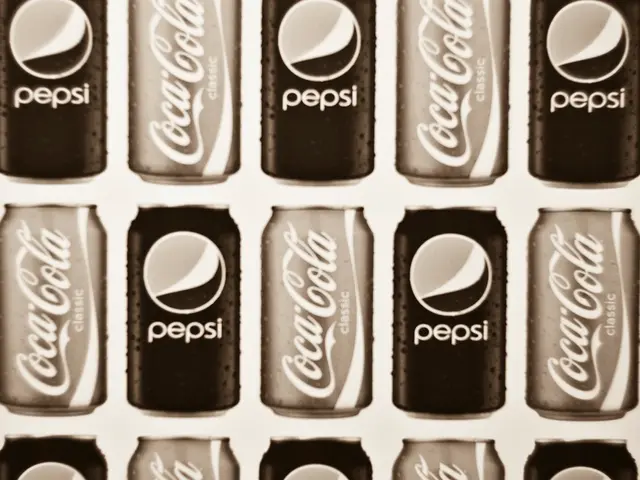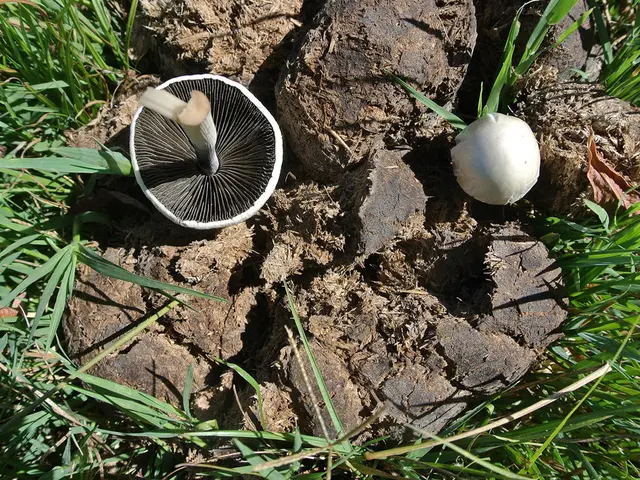Industrial Partnerships Power Up at Suzuka Debut: Industries Unite in Energy Diversification Efforts
In the thrilling world of motorsports, the rivalry between the #28 Toyota GR86 and #61 Subaru BRZ continues, both cars now running on synthetic fuels. But this competition is about more than just speed. It's a platform for wide-ranging efforts aimed at advancing automotive technologies towards mass production, and most significantly, achieving a decarbonized society.
At the heart of these efforts is Toyota, participating in its third season of the Super Taikyu Series ST-Q class. With a commitment to expanding decarbonization options, Toyota's latest efforts focus on hydrogen-powered engines as a core technology.
Toyota has been competing with a hydrogen-engine Corolla since 2021 in the Super Taikyu series in Japan, demonstrating practical hydrogen combustion technology in motorsports. The team is transitioning from gaseous to liquid hydrogen for higher energy density in the current season.
President Koji Sato, in a press conference held on March 18 at Suzuka Circuit, emphasized the importance of considering the entire energy supply chain in the pursuit of a decarbonized society. He believes that this approach is even more crucial than automotive technology.
Key developments in Toyota's hydrogen-powered engines include improvements in performance and reliability, with the aim of achieving carbon neutrality in motorsports. This evolution of hydrogen engine technology is part of a broader strategy for a hydrogen society.
Partnerships aim to create advanced hydrogen fueling infrastructure with reduced losses. For example, Nikkiso Clean Energy & Industrial Gases Group and WestAir are developing hydrogen fueling stations and hybrid hydrogen trailers designed to nearly eliminate boil-off gas losses during storage and transport. This supports stable, efficient hydrogen supply for vehicles like those in the Super Taikyu Series.
While hydrogen engines are most highlighted, the Super Taikyu Series also serves as a platform to validate alternative fuels including synthetic fuels and biodiesel. These options broaden Toyota’s decarbonization toolkit beyond battery electric options. However, specific recent updates on synthetic fuels and biodiesel use in the series beyond hydrogen combustion are less explicitly documented.
Collaborative ecosystem development is another key aspect of Toyota's strategy. The company strengthens partnerships relating not only to vehicle technology but also infrastructure, such as hydrogen station compatibility with multiple pressure standards for domestic and overseas applications, supporting broader hydrogen market expansion.
In summary, Toyota’s cutting-edge hydrogen combustion race cars in the Super Taikyu Series act as a real-world testbed for expanding decarbonization options. Parallel advancements in hydrogen fuel infrastructure and exploration of synthetic and biodiesel fuels complement hydrogen and electric solutions in pursuit of carbon neutrality.
Super Taikyu remains a place for collaborative efforts in advancing automotive technologies. Toyota will continue working closely with partners who share its passion and purpose to demonstrate the importance of creating a future with diverse options for reaching carbon neutrality.
Read also:
- "Critique on the Plan to Discourage Solar and Wind Energy Expansions: Mislabeling Them as Financial Burdens is Misleading and Risky"
- Renewable Energy Giant Project Planned for Nottinghamshire County
- SPD advocates for expanded financial aid for home heating systems
- Renewable energy endeavors led by ACEN in India surpass the 2,100 MW mark








